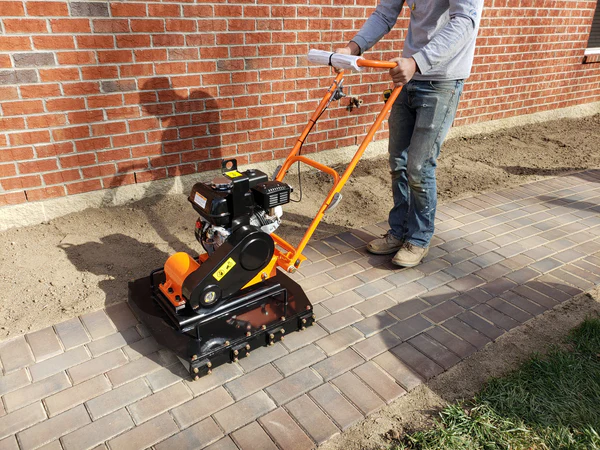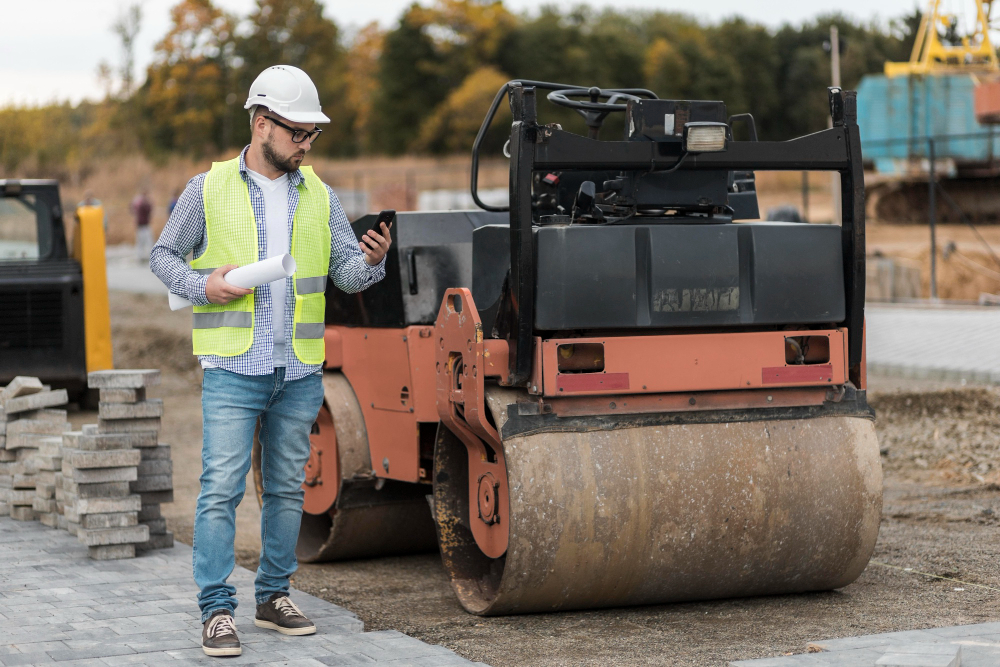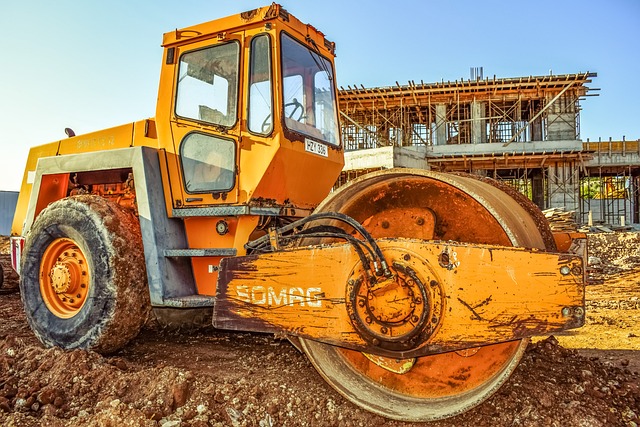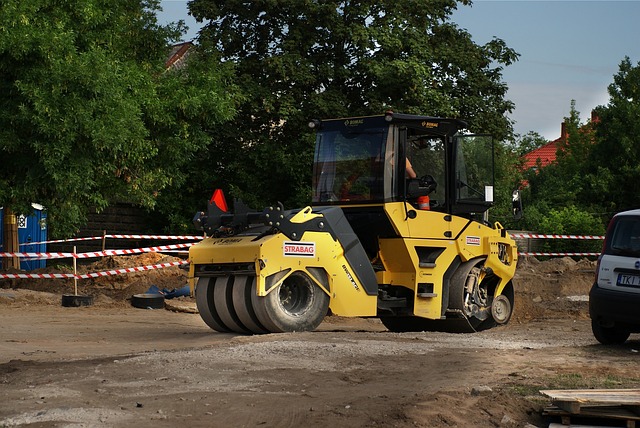When it comes to construction and landscaping projects, achieving a stable and compacted surface is crucial. Whether you’re building a road, preparing a foundation, or landscaping a garden, the choice between a plate compactor and a roller compactor can significantly impact the efficiency and quality of your work.
In this blog post, we’ll delve into the differences between these two types of compactors and help you decide which one is right for your project. We’ll cover key features, ideal use cases, and some specific brand recommendations, including the renowned Typhon Roller Compactor.
Understanding Plate Compactors
Key Features of Plate Compactors
Plate compactors are versatile and relatively lightweight machines designed for compacting granular soils, asphalt, and other materials. They operate by delivering high-frequency vibrations through a flat base plate, which compacts material beneath it.
- Portability: Plate compactors are generally easier to transport and maneuver, making them ideal for smaller project sites.
- Ease of Use: These machines are straightforward to operate, often requiring minimal training.
- Versatility: Suitable for a variety of applications, including sidewalks, driveways, and small patches of road.
Understanding Roller Compactors
Key Features of Roller Compactors
Roller compactors, such as the Typhon Roller Compactor, are heavier machines designed for larger-scale compaction tasks. They use one or more rotating drums to compact materials through weight and vibration.
- High Compaction Force: Roller compactors exert a significant amount of force, making them suitable for large-scale projects.
- Efficiency: Ideal for covering large surface areas quickly and effectively.
- Advanced Technology: Brands like Typhon offer advanced features such as variable vibration settings and GPS tracking for precision work.
The Key Differences Between Plate Compactors and Roller Compactors
Size and Weight
- Plate Compactors: Smaller and lighter, easily transportable.
- Roller Compactors: Larger and heavier, requiring transportation equipment.
Compaction Method
- Plate Compactors: Use high-frequency vibrations to compact materials.
- Roller Compactors: Use the weight of rotating drums, often combined with vibrations.
Type of Material
- Plate Compactors: Best for granular soils and asphalt.
- Roller Compactors: Suitable for a wide range of materials, including clay and mixed soils.
Surface Area
- Plate Compactors: Ideal for smaller, more confined areas.
- Roller Compactors: Designed for large, open spaces.
Learn More: How Operator Training Impacts Compaction Performance
Ideal Use Cases for Plate Compactors
- Residential Projects: Sidewalks, driveways, patios.
- Small Road Repairs: Patching asphalt or compacting gravel.
- Landscaping: Preparing the ground for planting or laying sod.
Ideal Use Cases for Roller Compactors
- Large-Scale Road Construction: Building highways, streets, and parking lots.
- Industrial Projects: Preparing large foundations or compaction in mining operations.
- Municipal Work: Public parks, sports fields, and other extensive public works.
Which One Is Right for You?
Choosing between a plate compactor and a roller compactor depends on the specific requirements of your project. Here are some questions to consider:
- What is the size of your project area?
- For smaller, confined areas, a plate compactor is usually sufficient.
- For larger, open areas, a roller compactor like the Typhon Roller Compactor is more efficient.
- What type of material are you compacting?
- For granular soils and asphalt, a plate compactor works well.
- For mixed soils or clay, a roller compactor is more effective.
- What is your budget?
- Plate compactors are generally less expensive and more accessible for smaller projects.
- Roller compactors are a larger investment but offer significant benefits for extensive projects.
Learn More: Vibratory Rollers: Significance, Types, Working, Advantages and Disadvantages
Ultimately, both types of compactors have their unique advantages and are designed to meet different needs. By understanding the key features and ideal use cases of plate compactors and roller compactors, you can make an informed decision that aligns with your project requirements.
For those seeking high-quality roller compactors, the Typhon Roller Compactor is a top-tier option, offering advanced features and superior performance. With the right equipment in hand, achieving a stable and well-compacted surface is within your grasp.
Ready to take the next step? Explore our range of compactors and find the perfect match for your project. Reach out to us for expert advice and support tailored to your needs.

